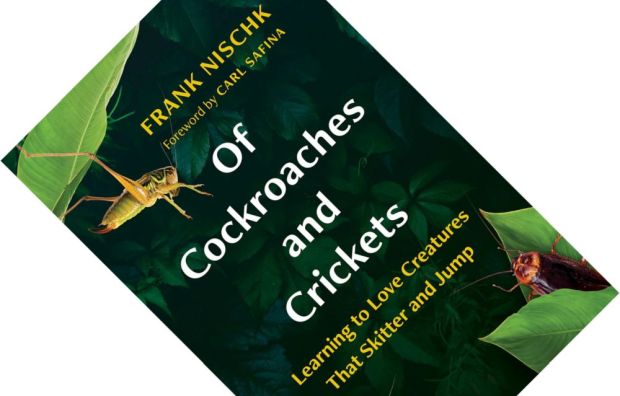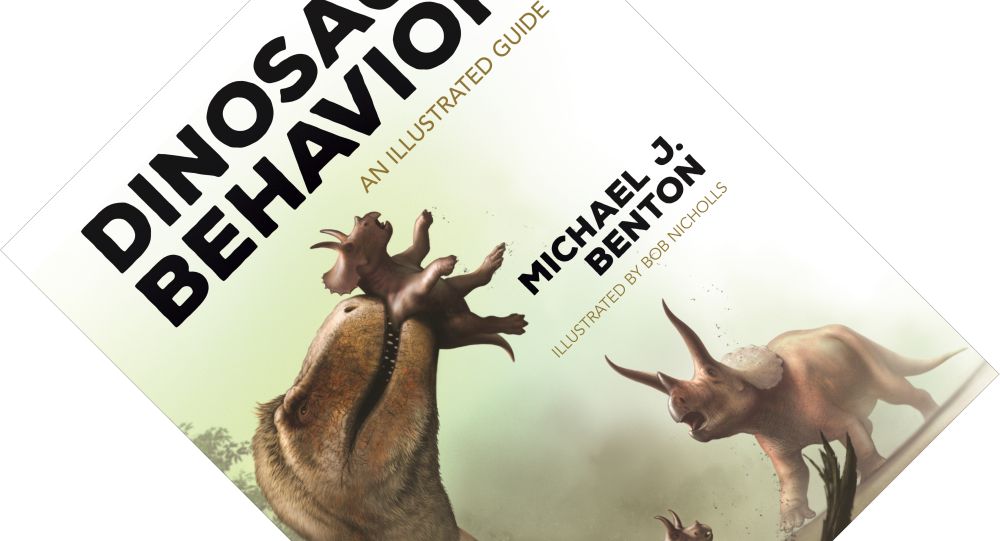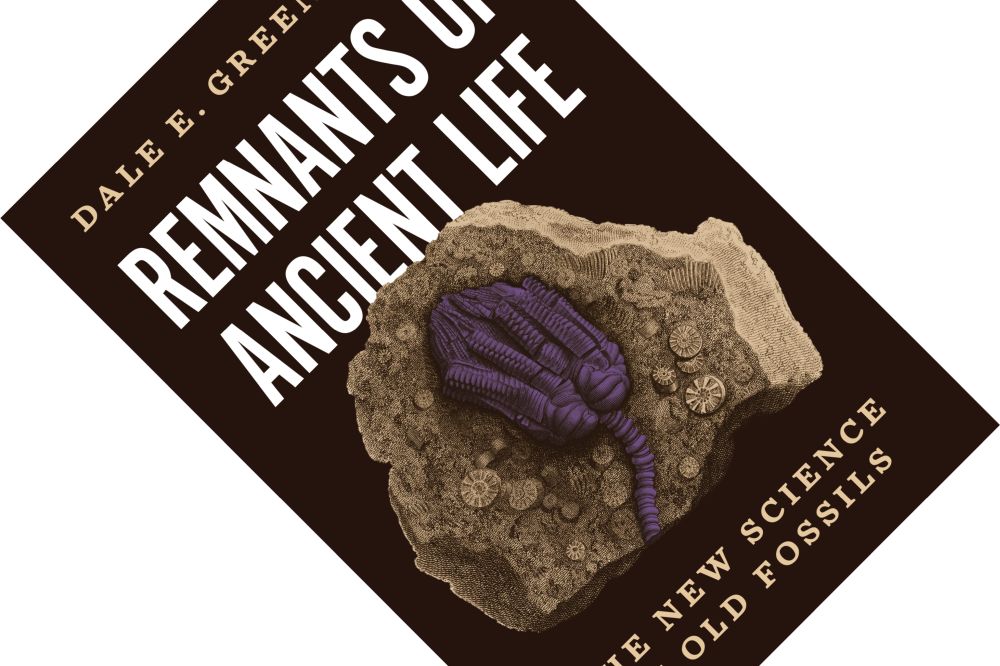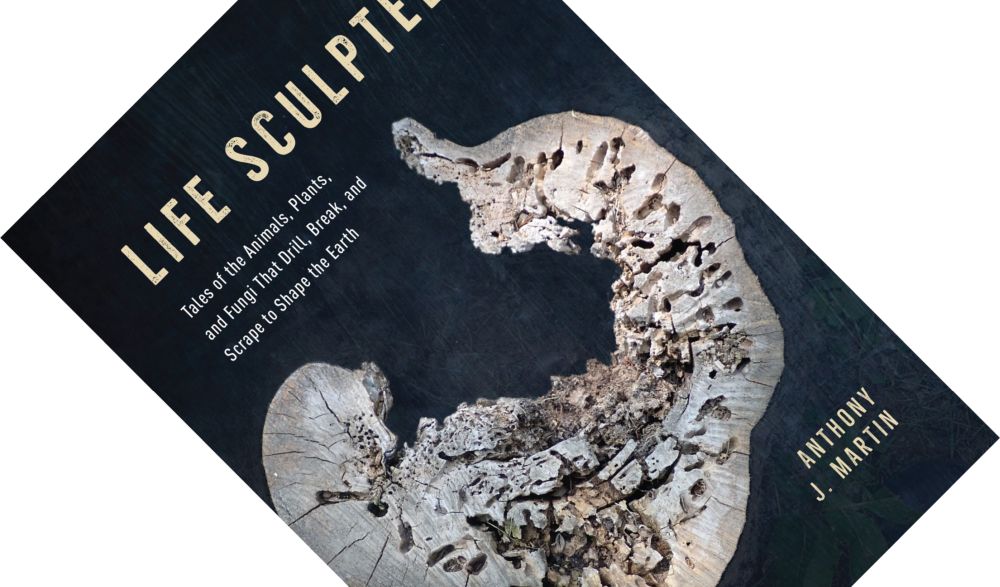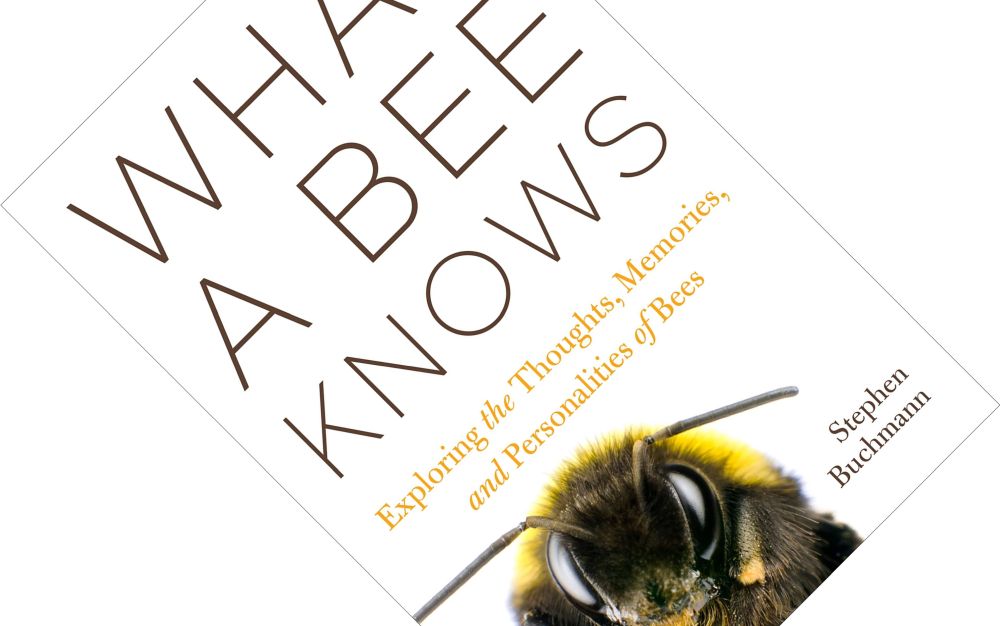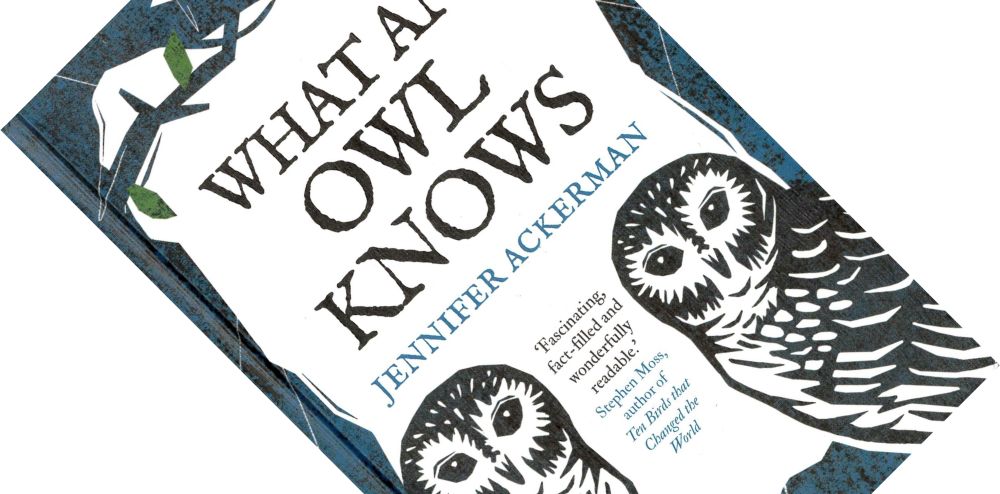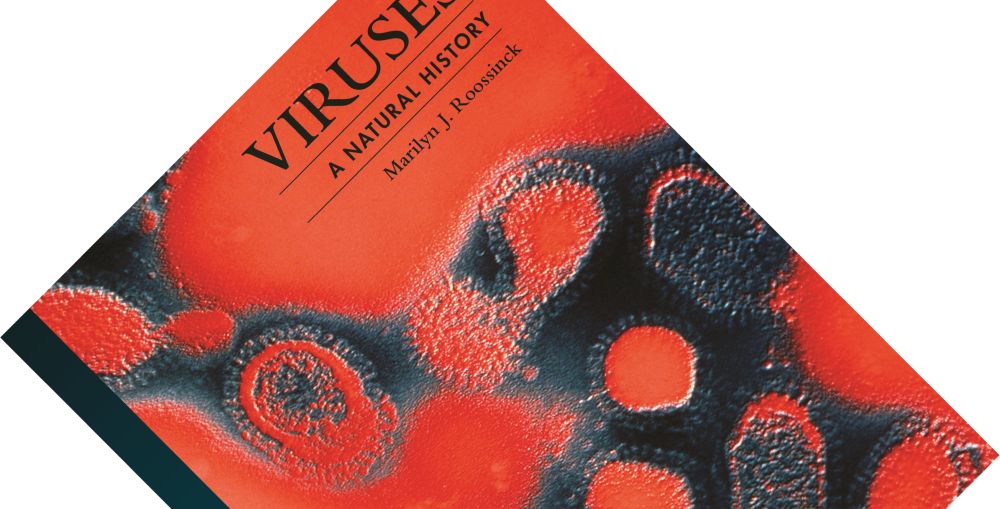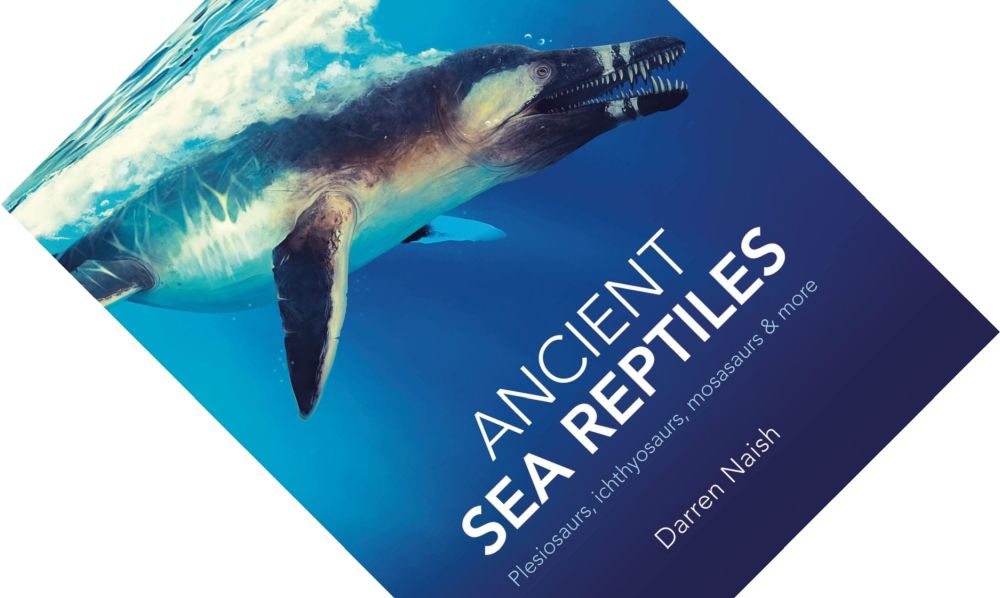5-minute read
keywords: entomology
Of all the insects that have a PR problem, cockroaches must rank very high. That, however, did not stop German entomologist, journalist, and filmmaker Frank Nischk from spending a year-long internship studying them. In this book, he regales the reader with stories of his time in the lab and the field studying first cockroaches and later crickets. A light and breezy read despite the serious undercurrent of biodiversity decline, Of Cockroaches and Crickets turned out to be an entertaining read.

